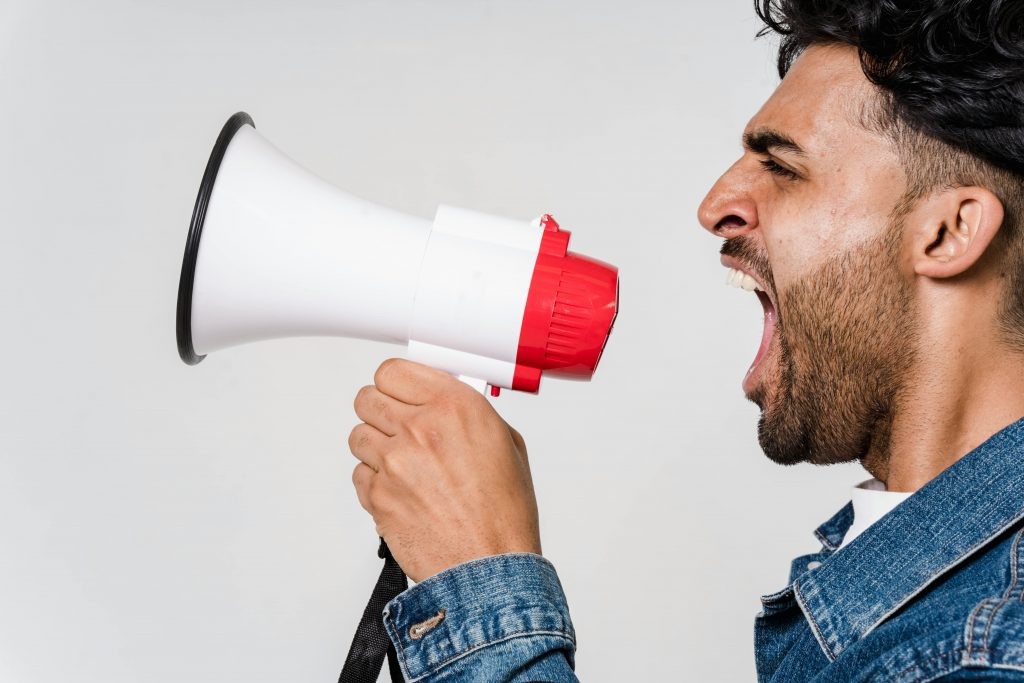
Noise-Induced Hearing Loss (NIHL)
Noise-Induced Hearing Loss
Loud noises cause something known as Noise-Induced Hearing Loss, or NIHL. These sounds can be brief, like those from gunfire, or they can be prolonged, like those from a concert. You are susceptible to
NIHL due to three factors:
- The volume of the noise;
- Your proximity to the noise;
- The duration of the noise
Impulse Sound
A single, powerful explosion or blast lasting less than a second has the immediate potential to inflict irreversible hearing loss. This noise, also known as impact noise or impulse noise, may be caused by fireworks or gunfire. Peak pressure, or dB, is the unit of measurement for impulse noise. Any impulse noise that is higher than 140 dBP will immediately damage your hearing.
Dangerous and Safe Noise Levels
The typical decibel levels of the sounds you hear every day are listed in the noise chart below.
Severe impulse noise: Not recommended for long-term use
150 dBP = shotgun, firecracker, and pyrotechnics at three feet
140 dBP = firearms
Severe steady noise: Not recommended for long-term use
130 dBA = jackhammer
120 dBA = takeoff of an airplane, pneumatic drill, and, siren,
Harmful noise levels: Use earmuffs or earplugs to protect your hearing
112 dBA = The maximum sound level of audio players, live music performances, and tools such as chainsaw
106 dBA = snow blower, and, gas leaf blower
100 dBA = tractor, and, listening with earphones
94 dBA = kitchen blender, food processor, and, hair dryer,
Extremely loud: Use earmuffs or earplugs to protect your hearing
91 dBA = subway, passing motorcycle, and, gas mower
Moderate: Safe listening for any time period
70 dBA = group conversation, alarm, and, clock vacuum cleaner
60 dBA = typical conversation, clothes dryer, and, dishwasher
50 dBA = moderate rainfall
40 dBA = quiet room
Faint:Safe listening for any time period
30 dBA = whisper, quiet library
Follow this to Keep Your Hearing Safe
The following are some steps you can take:
- Put on a hearing shield. It won’t work to put cotton in your ears. Earmuffs or earplugs are two examples of hearing protection items that you can purchase from hearing aid centres..
- Earplugs fit within your ears to completely obstruct the canal. They are shaped and sized differently. They can be custom-made by an audiologist for your ears. A set of earplugs can reduce noise levels by 15 to 30 dB.
- Earmuffs cover both ears entirely. If you want to prevent sound from entering your ears, they must fit snugly. Earmuffs, like earplugs, can lower noise by 15 to 30 dB, depending on fit and construction.
- You can wear earmuffs and earplugs in tandem to further reduce noise. When noise levels are higher than 105 dB for eight hours or longer, you should utilize both. Additionally, if you suspect that impulse noises higher than 140 dBP may be heard, you should utilize both.
- Limit how long you spend listening to loud noises. Move away from the loud environment if you are not using protection for your ears. Take a rest for your ears. Use your fingers to cover your ears while emergency vehicles drive by.
- Reduce the loudness. Make sure your personal listening devices are only at half volume. he World Health Organization advises adults to use personal listening devices at no more than 80 dB during a 40-hour workweek, and children should use them at no more than 75 dB.
- Asking people to lower the noise on their devices is perfectly acceptable if you can hear them.
- If the movie is too loud, ask the manager of the cinema to turn down the volume.
- Be a conscientious buyer. For appliances, power tools, sporting items, and hair dryers, look up their noise ratings.
- Invest in quieter goods. This is particularly crucial when purchasing toys for kids.
- Act as a local champion. There are loud movie theaters, health clubs, dancing clubs, taverns, and amusement parks. Discuss the loud noise with the managers, and how it may hurt hearing. Request a reduction in the loudness.
Never believe that you can “tune it out” or that your ears are “tough”!
Noise-induced hearing loss usually happens gradually and painlessly. However, it’s irreversible. Hair cells or hearing nerves cannot be repaired. Even if loud noises don’t disturb you, your hearing may already be compromised.
You may incorporate “hearing health” into your daily routine. A loud or constant sound should be avoided whenever possible. Reduce the volume of the music. Invest on power tools with audio controls.
- Use a hearing protector when you must be around noise, whether at work or during leisure time.
- Maintain the condition and accessibility of your hearing protectors.
- Instruct your family on the value of wearing hearing protection and avoiding excessive noise.
- It’s crucial to get your hearing checked if you believe you have a hearing loss or if a member of your family does.

0 comments